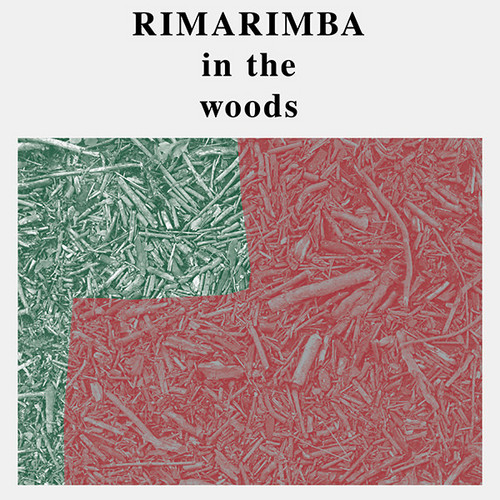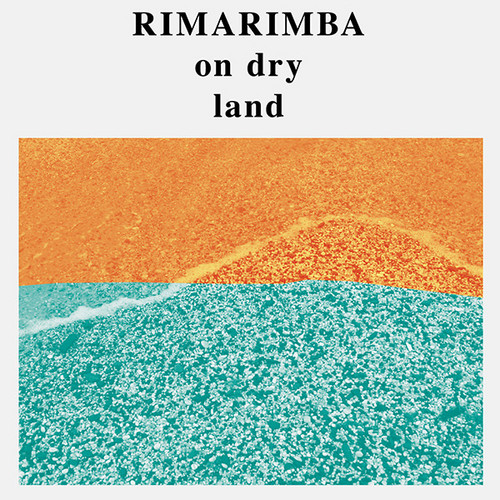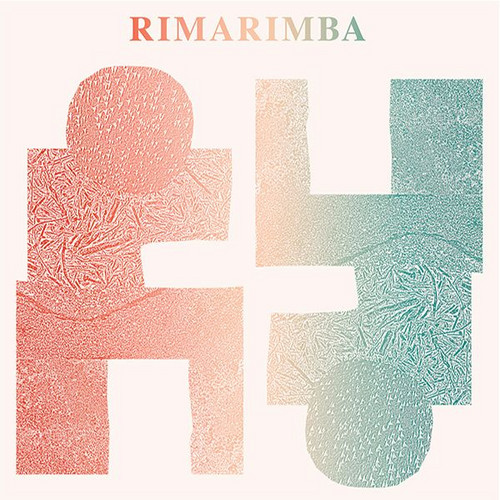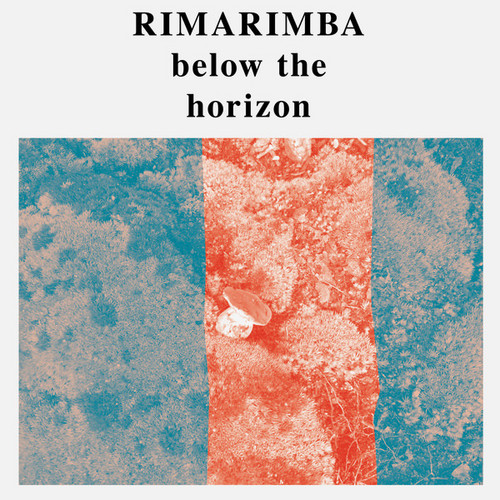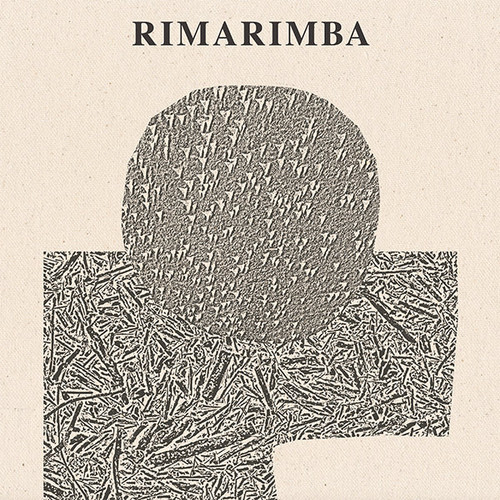Rimarimba
Rimarimba was the the brainchild of Robert Cox was born in 1953, near Woodbridge, Suffolk, UK and educated locally. A self-taught, lapsed, classical guitarist, he formed The Same in 1981 and released an album on his own label, Unlikely Records. This was followed by a single in 1982. The Same disbanded, to be succeeded by Rimarimba. Rimarimba’s music is mostly keyboard based with the occasional sampler oddity, weird treated vocals or guitar. Tracks are build on synth loops, interesting electronic sonorities, melodic counterpoint and humour
Rimarimba was the the brainchild of Robert Cox was born in 1953, near Woodbridge, Suffolk, UK and educated locally. A self-taught, lapsed, classical guitarist, he formed The Same in 1981 and released an album on his own label, Unlikely Records. This was followed by a single in 1982. The Same disbanded, to be succeeded by Rimarimba. Rimarimba’s music is mostly keyboard based with the occasional sampler oddity, weird treated vocals or guitar. Tracks are build on synth loops, interesting electronic sonorities, melodic counterpoint and humour
In the Woods
On Rimarimba’s 1985 album In The Woods, Robert Cox has made his music kit, an odd assortment of new and old technologies, lately fixated on the digital delay, and programming technologies, sing his own song at its most articulate clip. The songs seem more developed, fluent, like mini-suites in some sense. By his third album, it’s clear Cox has recognised just how liberating technology can be – “All these intricate layers of things that I was trying to play, and didn’t have the musical ability to…
On Dry Land
For Rimarimba’s 1984 album On Dry Land, Robert Cox advances along the terrain explored on Below The Horizon. It’s an enchanting album, one which, at times, seems to comment on its own practice; a picture of everyday life in the hobbyist’s, or part-time musician’s, recording studio. Some moments point towards the tourist-explorer aesthetic that would eventually coalesce under the banner of Fourth World music. Other moments where Cox seems to be channelling an otherness, a kind of hauntological re…
Rimarimba Collection (4Lp) Second Edition
** Second Edition of 200, packaged in a large polybag with a multi-colored screenprinted cover ** Freedom To Spend’s first catalog wide deep dive into an artist’s career focuses on four albums from Rimarimba, beginning with 1983’s Below The Horizon, followed by 1984’s On Dry Land, 1985’s In The Woods, and finally, the once-imagined, now-realized assembly of 1988’s Light Metabolism Number Prague. Somewhere out there around the turn of the 1980s, to the left of the post-punk crew, to the right of …
Below the Horizon
Some of the most gorgeous, little heard DIY music of the early ‘80s finally surfaces with Rimarimba’s ‘Below The Horizon’, the first in Freedom To Spend’s reissue series of work by Suffolk, UK’s Robert Cox - all massively recommended to followers of Colin Potter, Woo, General Strike, Konrad Sprenger and homespun electro-acoustic music of all stripes! Committing its first appearance on vinyl, ‘Below The Horizon’ documents Robert Cox in freehand exploration of his modestly built, four-octave Marim…
Rimarimba Collection
** Edition of 250 screen-printed canvas carriers, with a signed and sealed Certificate of Absurdity from Robert Cox ** Freedom To Spend’s first catalog wide deep dive into an artist’s career focuses on four albums from Rimarimba, beginning with 1983’s Below The Horizon, followed by 1984’s On Dry Land, 1985’s In The Woods, and finally, the once-imagined, now-realized assembly of 1988’s Light Metabolism Number Prague. Somewhere out there around the turn of the 1980s, to the left of the post-punk c…
